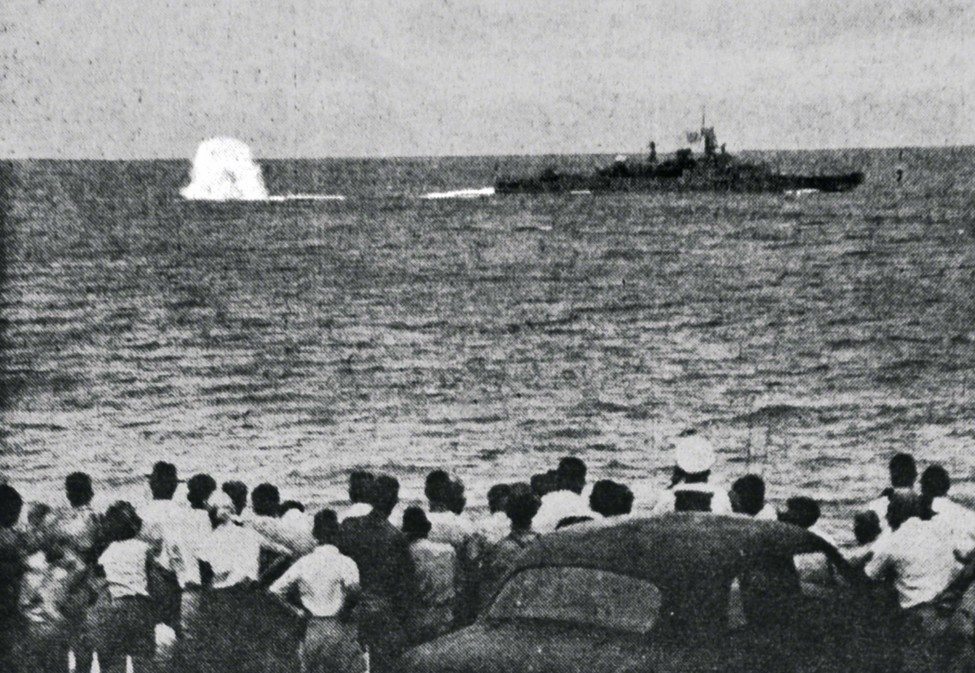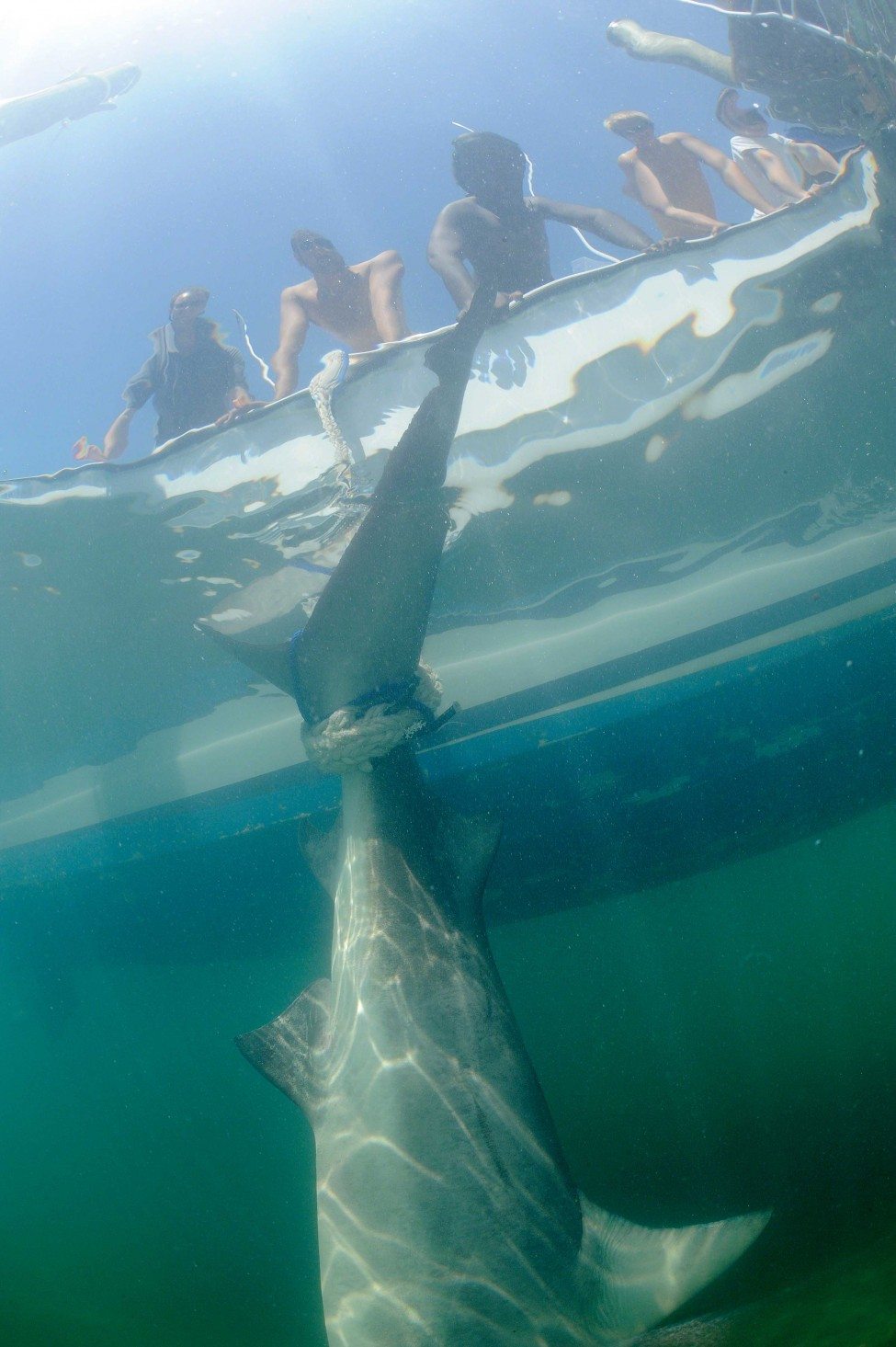The Politics of Sharks Attacks
Christopher Neff discusses the politics of sharks and shark ‘attacks’, and how this frames our understanding of these events.
Photo by Thomas Peschak
The first question I am often asked is: is there politics to shark attacks?
After four years of research and finishing the first PhD of this kind, I can report soundly that ‘yes there is’. And moreover, the politics of shark ‘attacks’ is complicated. Not simply because there are tensions between public safety and shark conservation, nor because of the emotion-laden, media-attracting events, but because at a fundamental level these are ungovernable events in nature.
Shark bites are tragic and traumatic. They are also the result of an interaction in a wild marine ecosystem between one land animal and one aquatic animal. Simply put, these are events in the natural world where there is no blame, no intent, and no policy solution. There is no government decision that can shark-proof swimming at all times. The best we can hope for are half-measures on a small scale. Yet, shark bites are made governable by policies, politics, and rhetoric. Thus, the ‘politics of shark attacks’ relies heavily on moving these events out of the natural world and into the social world, where accidents are intentional, bites are ‘attacks’, and animal behaviour is criminal behaviour. There are four messages to four different audiences that emerge from my PhD, four things I take away as lessons and which I would like to tell these different audiences if I could:
- To governments: shark bites are not governable events and governments are not always blamed;
- To scientists: please highlight that ‘we are in the way, not on the menu’;
- To the public: the beach is the wild and you are sophisticated; and
- To conservationists: shark bite prevention is shark conservation.
Speaking to government
This first point is perhaps the most important and bears repeating. Shark bites on humans are not a governable event. However, there are two leading factors that influence its movement out of nature and into politics. Firstly, these events present political problems for politicians and it is to this that governments respond. The problem arises from four elements: the objective harm of the event, emotional response from the public, the frequency of the events and media attention.
Secondly, even if the events are not governable they are blamable. As a result, short-term responses are seen as a politically valuable idea. Here, the context and features of shark bites are unique and politically inviting because sharks are often maligned and unpopular and because the events are random. Political responses to shark bites can look like a successful response to a deviant ‘rogue’ animal because the events are so infrequent that the time frame between events makes a policy look like it is working. As a result, the message to governments is to reconsider these events and reengage with the public.
Rebranding sharks
Chris loves sharks, but studies people. He has used his expertise in political science to understand how people perceive sharks and what this means for conservation.




